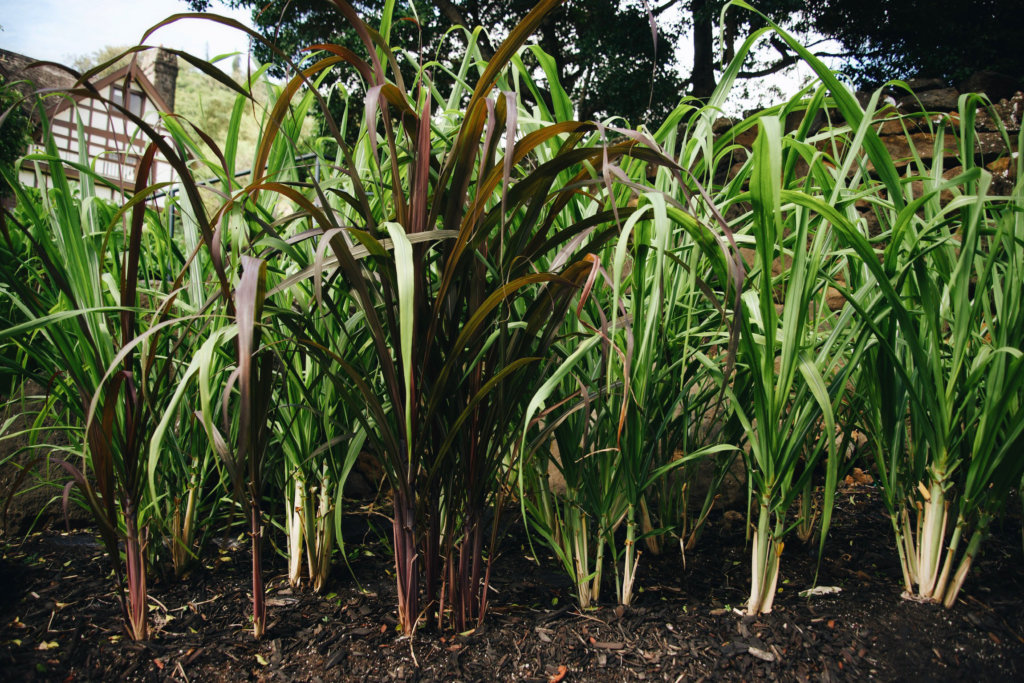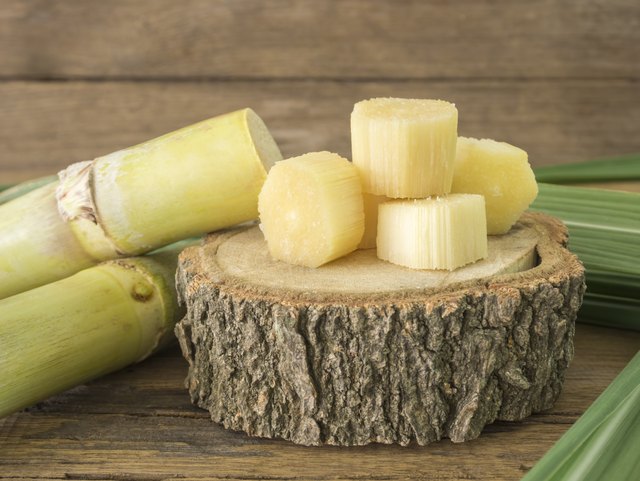Understanding the Different Types of Sugar and Cane and Their Uses
Understanding the Different Types of Sugar and Cane and Their Uses
Blog Article
Why Walking Cane Sugar Processing Chemicals Are Critical for Modern Sugar Refining
The duty of walking cane sugar handling chemicals in modern-day sugar refining can not be overemphasized, as they are integral to enhancing both the efficiency of extraction and the overall quality of the final product. Representatives such as phosphoric acid and specific flocculants are employed to remove impurities, resulting in sugar that not only meets customer assumptions yet additionally sticks to sector requirements.
Function of Processing Chemicals
The efficacy of cane sugar processing pivots significantly on the tactical application of processing chemicals. These chemicals play a crucial duty in boosting the performance and high quality of sugar extraction and refining. From the initial stages of juice removal to the last purification steps, processing chemicals promote numerous important procedures.
In the extraction phase, chemicals such as phosphoric acid and calcium hydroxide are used to enhance the information process, aiding to eliminate impurities and put on hold solids from the walking cane juice. This not only improves the return however also makes certain the clearness of the final item. Additionally, agents like flocculants aid in the rapid settling of pollutants, therefore streamlining the total procedure.
Activated carbon and ion exchange resins offer to eliminate color and smell, ensuring that the refined sugar fulfills customer quality requirements. Hence, the precise choice and application of these chemicals are essential for achieving ideal end results in cane sugar processing.
Trick Sorts Of Chemicals
Cane sugar processing relies upon a selection of vital chemicals that facilitate each stage of production. These chemicals play vital duties in clarifying, bleaching, and purifying the sugar extracted from walking stick.
One main category of chemicals consists of flocculants, such as polyacrylamide, which help in the explanation process by promoting the gathering and settling of impurities. Furthermore, calcium hydroxide is usually employed to counteract acidity and assist in the removal of non-sugar components.
Whitening agents, such as triggered carbon and sulfur dioxide, are utilized to decolorize the syrup, leading to a clearer final product. These chemicals help eliminate shade substances that might influence the sugar's look and bankability.
Moreover, phosphoric acid serves as a pH regulator during the processing phases, ensuring optimum problems for the chemical activities included in sugar extraction and filtration.
Other essential representatives consist of edta (ethylenediaminetetraacetic acid), which chelates metal ions that can militarize undesirable responses, and sodium hydroxide, which assists in pH control throughout the refining procedure. Collectively, these chemicals boost effectiveness and ensure a top quality walking cane sugar product.
Advantages for Sugar High Quality
Frequently forgotten, the use of specific handling chemicals significantly boosts the overall top quality of cane sugar. These chemicals play a crucial function in refining procedures, guaranteeing that the last product meets strict sector standards for pureness and taste.

Additionally, refining chemicals aid in attaining a constant granulation and structure, which are vital for consumer acceptance. By controlling the formation procedure, these chemicals make sure that the sugar crystals develop uniformly, leading to an extra enticing product that dissolves well in numerous applications.
Additionally, making use of these chemicals can improve the life span of walking cane sugar by lessening wetness absorption and microbial growth. Generally, the tactical application of processing chemicals is crucial for supplying premium cane sugar that fulfills customer expectations and industry demands.
Ecological Effect Considerations

Furthermore, the energy-intensive nature of sugar refining, compounded by chemical usage, frequently leads to boosted carbon discharges. This adds to environment modification and increases worries relating to the sustainability of present refining methods. Furthermore, the sourcing of these chemicals may include practices that endanger biodiversity, such as visit this web-site monoculture farming, which decreases the durability of agricultural communities.

To alleviate these effects, sugar refiners are progressively exploring lasting choices and embracing best practices that decrease chemical usage. Executing rigorous ecological administration systems can help make certain that the refining process aligns with ecological requirements and promotes biodiversity. Inevitably, a balanced strategy that focuses on both sugar quality and ecological stewardship is vital for the long-term stability of the sugar market.
Future Fads in Refining
As the sugar market grapples with the ecological challenges connected with conventional refining methods, ingenious approaches are arising to enhance both performance and sustainability. One significant pattern is the adoption of eco-friendly chemistry concepts, which prioritize the usage of non-toxic, eco-friendly processing chemicals. This shift not just reduces ecological influence but likewise addresses customer demand for cleaner manufacturing approaches.
One more encouraging development is the implementation of sophisticated filtration innovations, such as membrane layer separation and adsorption processes. These methods boost the description clarity and high quality of the sugar while reducing the volume of wastewater produced throughout refining. In addition, the integration of digital modern technologies, consisting of IoT and AI, is transforming operational effectiveness by making it possible for real-time surveillance and predictive maintenance, therefore lessening source waste.
Moreover, making use of spin-offs from sugar refining, such as bagasse and molasses, is getting grip. These products can be exchanged biofuels or value-added products, contributing to a circular economic climate within the market. Jointly, these patterns indicate a change in the direction of even more lasting techniques that not just boost functional performance but also align with global sustainability goals, making sure the future stability of sugar refining.
Verdict
Walking cane sugar handling chemicals are essential in modern sugar refining, considerably improving the effectiveness and quality of sugar extraction. The tactical use these chemicals not just boosts the pureness and taste of the final product but also ensures regular formation and structure. As the market increasingly prioritizes sustainability, the fostering of environmentally-friendly handling agents is likely to form future patterns in refining, ultimately leading to better items and extended life span for consumers.

Inevitably, a well balanced method that focuses on both sugar top quality and environmental stewardship is vital for the lasting stability of the sugar industry.
Cane sugar processing chemicals are necessary in modern-day sugar refining, significantly enhancing the effectiveness and high quality of sugar removal.
Report this page